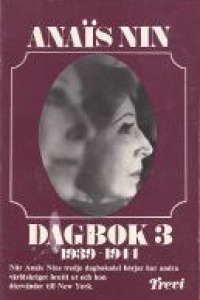
Liknande böcker
Greek mind/Jewish soul : the conflicted art of Cynthia Ozick
Bok av Victor H. Strandberg
Since the 1970s, Cynthia Ozick's stories, novels, and essays have gradually earned high critical acclaim. Victor Strandberg's Greek Mind/Jewish Soul is a comprehensive study of this exceptionally gifted author, correlating her creative art and her intellectual development. Strandberg devotes considerable attention to Ozick's struggle to maintain her Jewish religion and culture within a society saturated with Christian and secular values. By examining the influence of Western philosophical and literary traditions on Ozick and her particular social circumstances, Strandberg is able to ask larger questions about the merit of Ozick's work and its place within American literature. Strandberg begins by chronicling the cultural dilemmas of Ozick's early life. The daughter of struggling immigrant parents, Ozick sometimes endured anti-Semitic ostracism from classmates in the New York public schools. But even as she deeply immersed herself in her Judaic heritage, avidly learning Hebrew and studying Jewish history, she found the Gentile heritage irresistible, beginning with fairy tales in childhood and graduating to George Eliot, Edith Wharton, and Henry James. Her studies in Latin likewise awakened a love for classical literature that impinged powerfully upon her books, particularly Trust and The Pagan Rabbi. By drawing on a range of sources, including his own ten-year correspondence with Ozick, Strandberg illuminates Ozick's thinking on volatile issues that troubled her during her formative years, including feminism, the Holocaust, and Jewish cultural survival. Strandberg then offers a close reading of her books and poems in chapters on Trust, The Pagan Rabbi, Bloodshed, and Levitation and presents an astute analysis of her later novels, The Cannibal Galaxy, The Messiah of Stockholm, and The Shawl. After reviewing all the critical material written to date on Ozick, Strandberg concludes by rendering his own assessment of Ozick's literary achievement. He considers how "Jewish" her work is, how "American" it is, and finally, how major her seat is at the table of the canonized.







